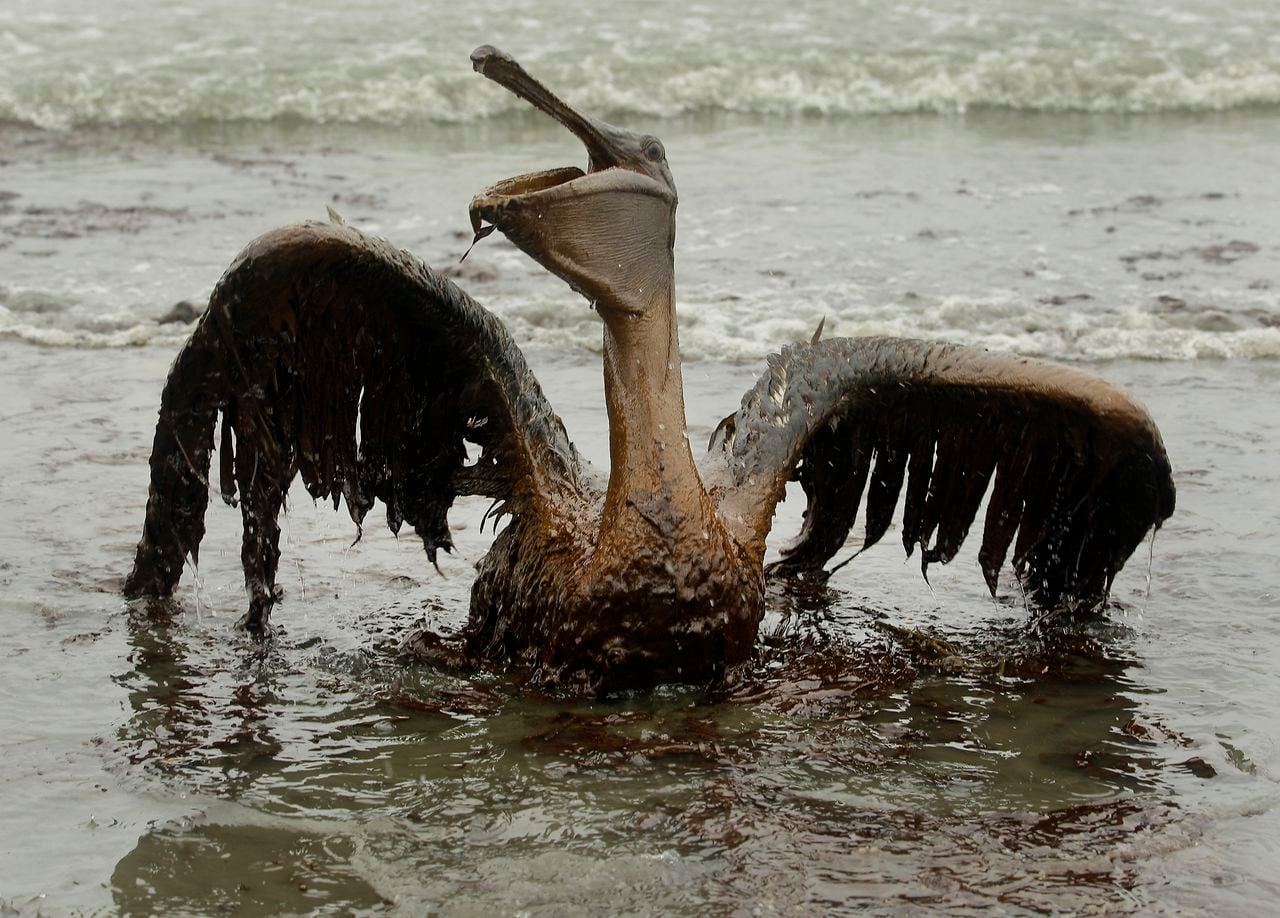Nothing makes sense in Texas
As the mercury took a nosedive across the country last week, so did electricity for tens of thousands of people in Texas. I can’t think of a worse place to be without power. The freeze was not as bad as the big chill in 2021, where 11 million people lost power and hundreds died.
But rather than take responsibility, state Gov. Greg Abbott blamed renewable energy. That was thoroughly debunked. During the 2021 debacle, the cost of a megawatt hour went from $25 to $9,000. That’s an increase of 35,900%. And you thought the markup on eggs was bad.
One person got a $125,000 bill. Texas, predictably, runs its electrical grid, making it hard to pop next door to borrow some sugar when times are tough. Why, you ask? It doesn’t want to deal with the federal rules and regulations.
And it’s not just Texas that has this stubborn ‘my way or the highway’ attitude that seems to guarantee diminishing returns. Last week, an engine manufacturer admitted to installing cheat devices to make RAM trucks seem cleaner. Cummins Inc. paid the Environmental Protection Agency a civil penalty of $1.675 billion, which is a lot, but loose change compared to Volkswagen’s $4 billion criminal fine for similar transgressions in 2017. Someone from the car manufacturer went to jail for 40 months.
Deceit is all around us, it seems. More on that later.
This week in The Meltdown, we’ll look at some of the most significant and biggest fines collected by the EPA, ways to beat the winter blues, and what to look out for as presidential candidates and other politicians whisper sweet nothings in your ear for a vote.
Before you read on, please feel free to follow me on Twitter, Facebook and Instagram. And share this newsletter with your friends if you think they’ll enjoy it.
Drizzle
FILE – In this June 3, 2010 file photo, a brown pelican covered in oil from the Deepwater Horizon oil spill sits on the beach at East Grand Terre Island along the Louisiana coast. Ten years after the nation’s biggest offshore oil spill fouled its waters, the Gulf of Mexico sparkles in the sunlight and its fish are safe to eat. But scientists who have spent $500 million dollars from BP researching the impact of the Deepwater Horizon disaster have found much to be concerned about. (AP Photo/Charlie Riedel, File)AP
Investigating environmental crimes isn’t easy. It can take years of fact-finding and then more years of trundling through the courts. And it’s not easy to do against companies with deep pockets.
Here are some of the most significant cases in recent years.
Exxon Valdez Oil Spill (1991): Initially fined $150 million, with $125 million forgiven; $25 million allocated to environmental funds.
Volkswagen (2017): Fined $2.8 billion for conspiracy and Clean Air Act violations.
Newport Naval Station (2021): Required to make over $39 million in stormwater discharge infrastructure improvements.
Explo Systems (2018): Involved in illegal hazardous waste disposal, with cleanup costs exceeding $38 million.
BP Oil Spill (2012): BP Exploration and Production Inc. agreed to a $4 billion fine for felony manslaughter, environmental crimes, and obstruction.
Check out Reckon’s reporting for more cases.
Touch Grass

Beautiful young lady relaxing at home on fireside. Burning candle, bowl with tangerines, Christmas moodGetty Images
My friends here in Alabama are in shock at the cold and claim they’d prefer a 110-degree day over our current ice-age nightmare. I keep telling them to get a good jacket and socks. Two tank tops won’t cut it.
But if you are struggling with the cold, do as the Scandinavians do, get cozy. Hygge, pronounced “hoo ga,” is a Scandinavian cultural phenomenon that promotes the concept of coziness, contentment, and well-being, where you make a point to enjoy the nicer things in life. Think of it as a warm hug from your grandma but without the Werther’s Originals.
Hygge isn’t just for the cold months, but it does help a lot when you’re shivering. It’s all about those little joys, like pimping out your porch, whipping up soul-warming soup, or getting lost in a book while wearing socks that could double as sleeping bags.
Here’s how I’ve been experiencing Hygge so far this winter:
Take a bath: Last week, when I had COVID, I took a hot bath every night. Sometimes in the dark, while other times, I listened to an audiobook or watched a movie on my laptop. Baths activate your parasympathetic nervous system, which is responsible for relaxation. It also promotes deep sleep.
Candles: The flicker from a candle is proven to reduce stress and anxiety. Candles are pricey, but for $1.25, you can buy scentless candles with religious symbols on them from Dollar Tree. They last weeks and are easy to carry from room to room. I do have electricity, by the way.
Plants: While you ought to bring certain plants indoors during a freeze, caring for plants improves focus, lowers stress levels, and keeps the mind from indulging in negative thought patterns. They can even help you recover from illness quicker.
The bedroom: I recently overhauled my bedroom, adding softer colors, more lamps, cozy furnishings, and lots of blankets. I sleep better and feel less anxious.
Hot drinks: I love tea in the evenings. Non-caffeinated, of course. Tea is known to improve mood, warm you up, and set a calming scene that helps your cortisol levels go way down. It’s a great way to prepare for bed.
Fire pit and paint: While I managed it this year, I’ve always enjoyed painting next to an open fire. An open fire or fire pit helps with relaxed awareness and mindfulness, while painting encourages positivity and reduces stress.
For more activities, follow the link.
Compost Dump

Presidential nomination season is often full of proven lies and half-truths.Getty Images
As we brace ourselves for presidential election season, fact-checkers are stretching their fingers and minds, ready for long, exhausting nights of “What the hell did they say?” If they were paid by the lie, many would be millionaires. Given the vast investment in green energy over the last two years, it’s safe to say the environment and climate change will come under intense scrutiny.
So, let’s remind ourselves of some terms we might be hearing from political commentators in the long months ahead.
Machiavellianism: Manipulating and exploiting others to achieve goals.
Pathological Liar: Compulsively lying, often without apparent motive or benefit.
Narcissism: Exhibiting grandiosity and a need for admiration, twisting truth to maintain power and superiority.
Psychopathy: Lacking empathy and remorse, deceitful for personal gain, indifferent to others’ harm.
Demagoguery: Gaining political support through popular desires and prejudices, often using lies and exaggeration.
Political Opportunism: Shifting viewpoints or policies for personal advancement, disregarding consistency or truth.
